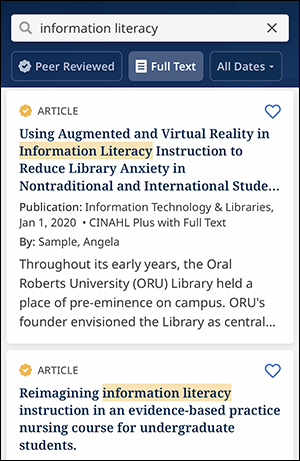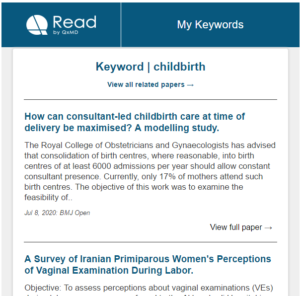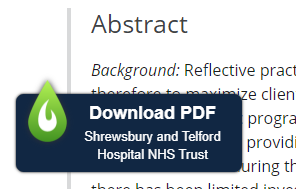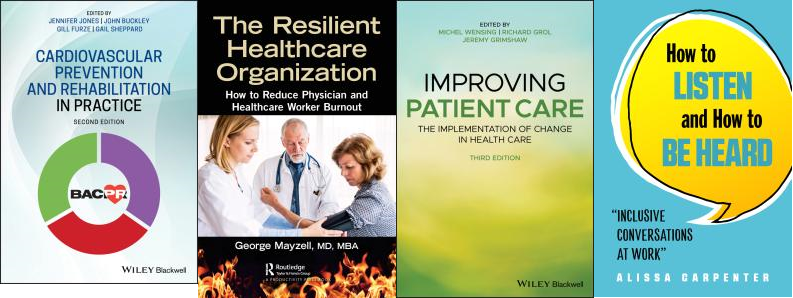 medRxiv (pronounced med-archive) is one of a growing number of preprint servers where articles can be freely shared prior to peer-review and acceptance by a journal. It is jointly owned by Cold Spring Harbor Laboratory (CSHL), Yale University and BMJ, and was launched in 2019.
medRxiv (pronounced med-archive) is one of a growing number of preprint servers where articles can be freely shared prior to peer-review and acceptance by a journal. It is jointly owned by Cold Spring Harbor Laboratory (CSHL), Yale University and BMJ, and was launched in 2019.
medRxiv covers medical, clinical, and related health sciences and accepts research articles (including systematic reviews and meta-analyses). It doesn't accept material such as narrative reviews or opinion pieces.
Because the material submitted to medRxiv is unpublished, it's not indexed in databases such as PubMed until the article is later peer-reviewed and published in a journal. Preprints in medRxiv can however be found in Google and Google Scholar very quickly after submission.
When it comes to fast-moving topics such as COVID-19, preprint servers can make new research available very quickly, and reduce research waste from duplicated efforts and non-reporting. However, they can also add to the spread of poor-quality or misleading research due to the lack of peer-review, and should be used with care.
As medRxiv makes clear on each article's detail page:
'This article is a preprint and has not been peer-reviewed. It reports new medical research that has yet to be evaluated and so should not be used to guide clinical practice.'
medRxiv does do some screening checks on submitted articles, such as checking they are research-based, and checking for plagiarism and defamation. A researcher in a relevant field will check the basic content and organisation of the article, but medRxiv does not review a manuscript’s methods, assumptions, conclusions, or scientific quality.
If you intend to publish a research article, note that some journal publishers may not accept articles that have already been made available on a preprint server, so it's worth checking the policies of any journals you intend to submit the article to.







